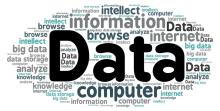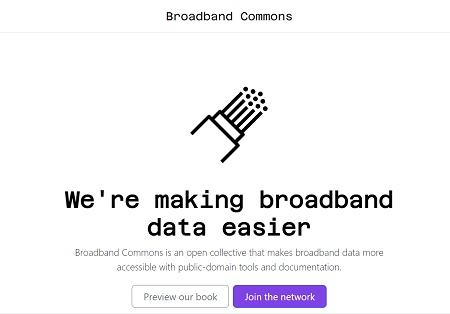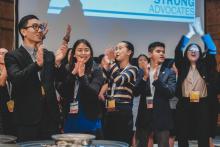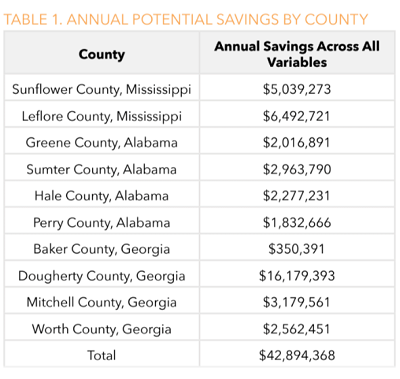Deb Socia and Free, Fast Internet Access in Chattanooga - Building for Digital Equity Podcast Episode 9
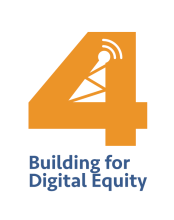
Sean Gonsalves interviews Deb Socia, President and CEO of the Enterprise Center, about Chattanooga's remarkable municipal fiber network, which began offering free, high-speed service to thousands of low-income families during the pandemic under a program called HCS EdConnect. They go on to talk about one of Sean's favorite slogans, "If it isn't affordable, it isn't access." And finally, they discuss some advice for people newly joining digital equity work.
This show is 15 minutes long and can be played on this page or using the podcast app of your choice with this feed.
Transcript below.
We want your feedback and suggestions for the show-please e-mail us or leave a comment below.
Listen to other episodes here or see other podcasts from the Institute for Local Self-Reliance here.
Thanks to Joseph McDade for the music. The song is On the Verge and is used per his Free-Use terms.


